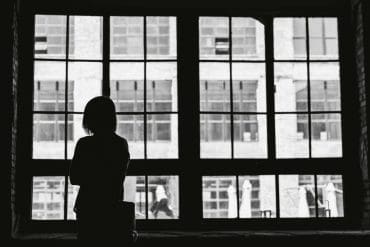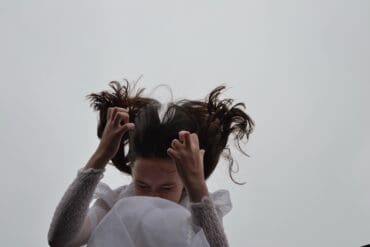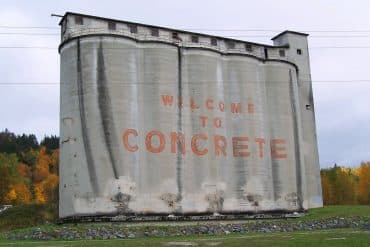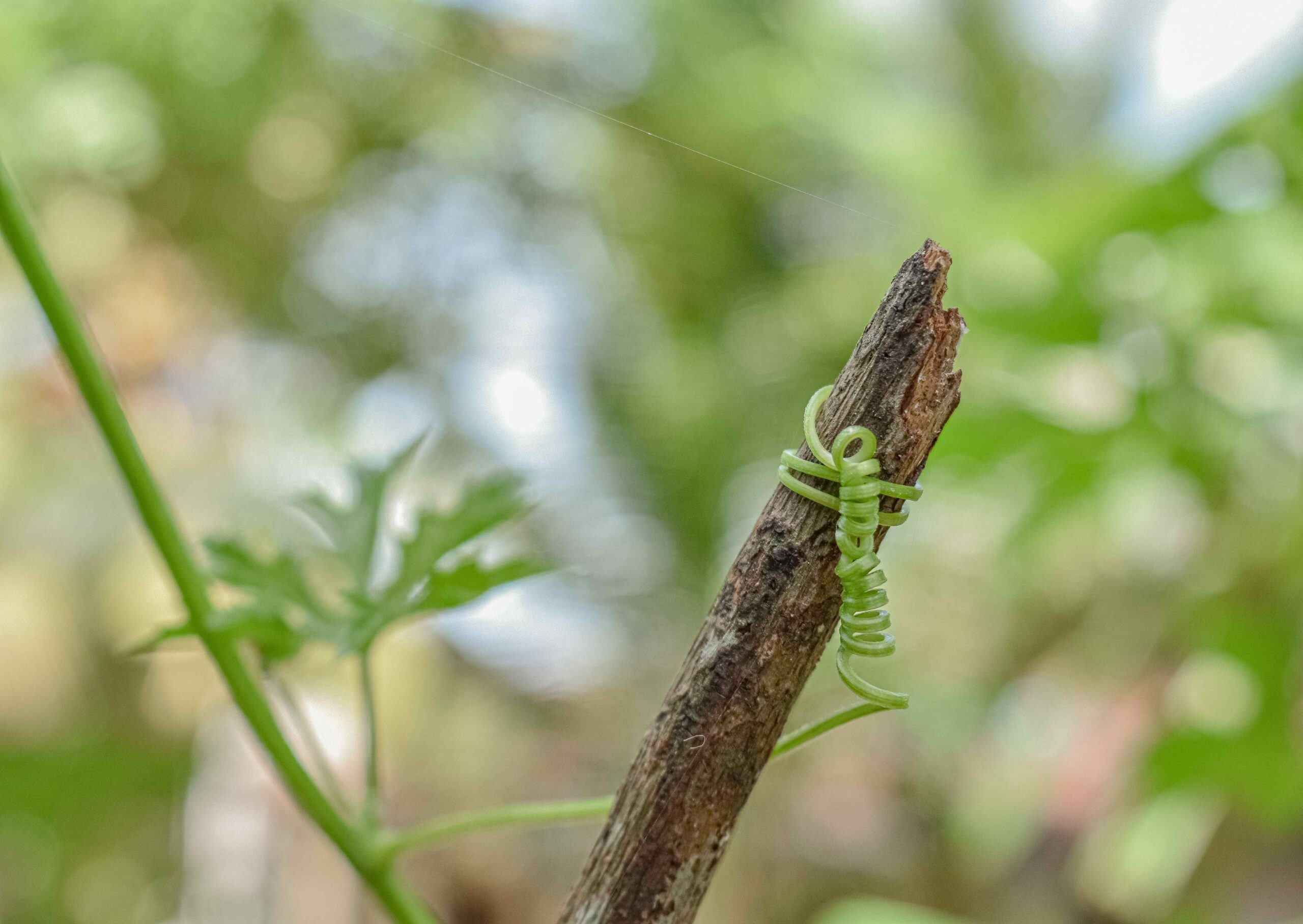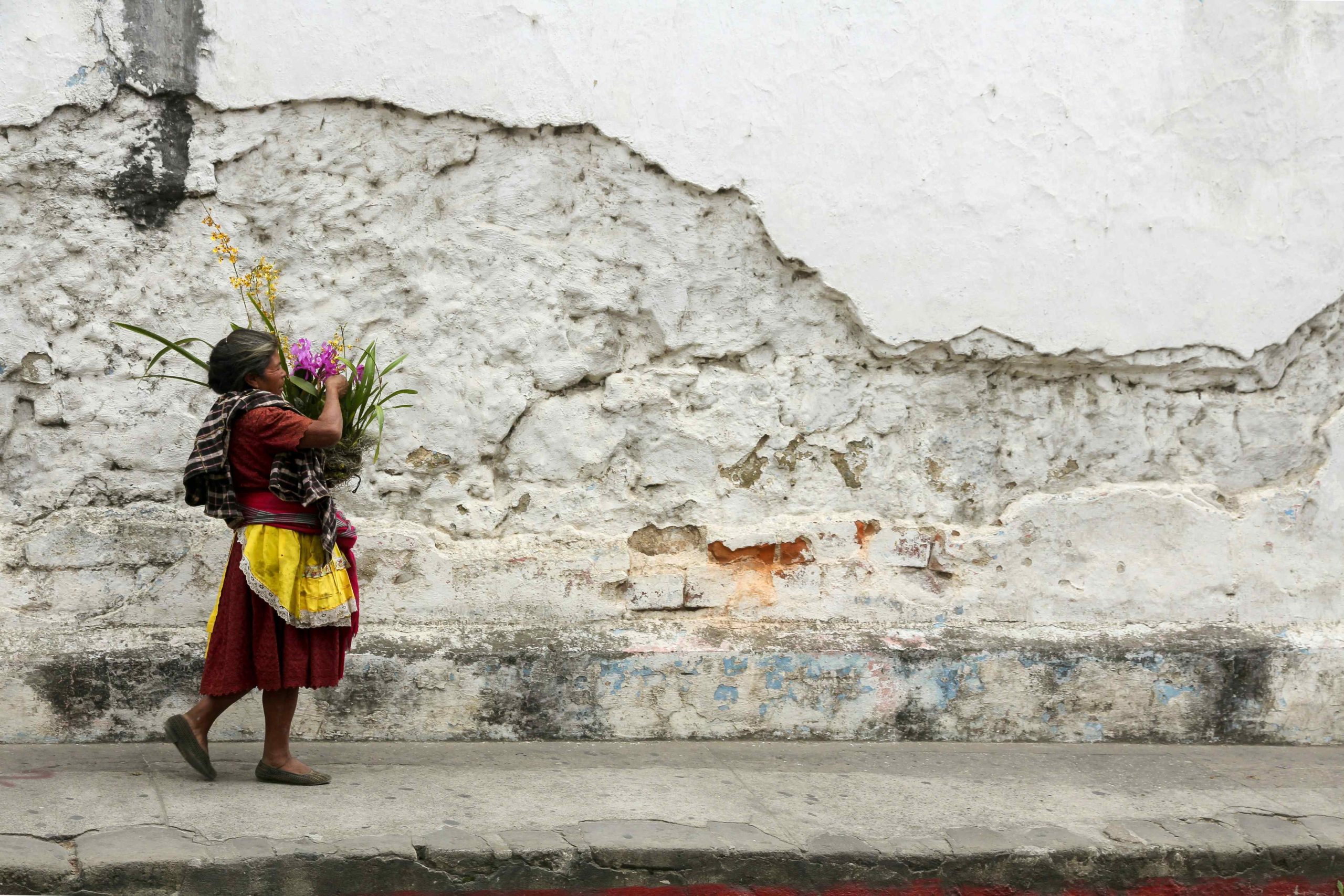A Hard Look at Home: On the Paradoxes of Place
Author’s Memo
I was born in Huntington, a small town on the north shore of Long Island. Like so many American places, Long Island has high rates of economic and racial segregation. It has taken me many years and much study to be able to turn a more conscious and critical eye to my place. However, because I still live here, this critical eye has widened in the hopes of making my place the subject of my academic and creative inquiry. The following essay offers a narrative that guides the reader through Huntington through the lens of my own education and experience.
‘The following essay offers a narrative that guides the reader through Huntington through the lens of my own education and experience.
Last semester I taught a literature course that introduced different literary theories. We ended the semester reading Jamaica Kincaid’s A Small Place. In A Small Place, Kincaid takes her reader on a journey through Antigua, revealing the long-lasting cultural and environmental consequences of colonial and post-colonial experiences. To demonstrate a connection to the text, I asked my students to write their own auto-ethnographical travelogues, taking their readers on a journey through their hometowns. I asked them to consider what they knew and what they didn’t know about their places; what they were taught and what was absent in their education. I also asked them to privilege their experience, as workers, students, and residents. In this sense, their acts of witness and daily engagement positions them as particular experts on the cultural histories and sociological landscapes of their places.
‘In this piece, I work to channel some of Kincaid’s ironic and critical tone, while also atoning for my own failures as a young person to recognize dominant racist and classist discourses all too common in my community.
The essay that follows is my response to the assignment with which I tasked my students. In this piece, I work to channel some of Kincaid’s ironic and critical tone, while also atoning for my own failures as a young person to recognize dominant racist and classist discourses all too common in my community. Ultimately, I suggest that places are paradoxical—expansive in their contradictions and capacious in the possible ways we might live well within them.
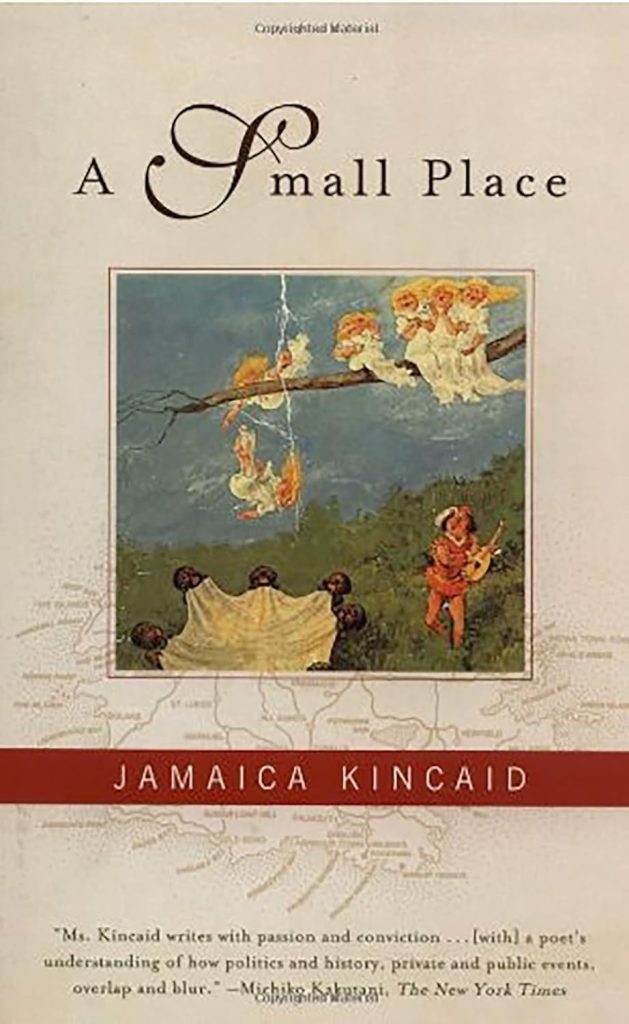
If you come to Huntington for an afternoon there is much to see. The village bustles with restaurants, shops, live music, and galleries. If you keep heading north, you’ll find the base of the harbor, lined with sailboats and yachts and more expensive restaurants that have names like Prime and Tutto Pazzo. And if you head even further north, you’ll eventually hit Huntington Bay, passing by multi-million-dollar estate after estate, an on-going testament to Long Island’s “gold coast” allure.
No one really knows why it’s called Huntington, though the historians seem to point to Oliver Cromwell, who was Lord Protector of England when this Long Island community was settled back in the 1650s. Cromwell, executor of Charles I, champion if the Puritans, and a dictator in his own right was born in ye old Huntingdon in 1599. I, on the other hand, was born in Huntington in 1982. A good four hundred years between us.
‘If you come to Huntington for an afternoon there is much to see. The village bustles with restaurants, shops, live music, and galleries. If you keep heading north, you’ll find the base of the harbor, lined with sailboats and yachts and more expensive restaurants that have names like Prime and Tutto Pazzo.
When Cromwell’s cronies settled and established themselves, the Huntington area was home to the Matinecock. The Huntington area is still home to the Matinecock, though most narratives like to suggest they’ve been long gone. I’ve been trying to find ways of erasing this erasure in my own awareness. I recently took a book out of the library, We’re Still Here: The Algonquin Peoples of Long Island Today. The title is instructive. Herein is a colonial history, laden with racism and genocide, with power and paternalism. Herein lies a history I was never taught in school.
When I drive through Huntington village to the college where I’m employed, on the west end of town, I take a hard look at Columbus. Well, a Christopher Columbus statue. He’s positioned on top of a hill on a boulder at the edge of the village. The bronze statute was a gift from a local Italian-American businessman and the inscription on the statue notes the “90th Anniversary of the Order Sons of Italy in America” and lists nineteen local lodges.
I know that much of the Columbus Day pageantry has been a way for Italian immigrants to celebrate their contributions, but still, this Columbus is holding a flag and a sword and I keep thinking, as a I drive past him on my way to and from work, what would this village feel like if it was a Matinecock elder who welcomed visitors? What might that mean? And would a Matinecock elder want to be memorialized in such a way?
‘I think about my childhood, growing up in this village, which now feels like a little city. I think about how desperately I wanted to leave here, and also about how I’m still here, still wondering what it means to be here. Still trying to learn about here and how here is, in sometimes frightening ways, me.
These are some of the questions I wonder about as I drive the east to west, then west to east, along Route 25A, which traces the flat surface on the top of what remains of a glacial moraine. I think about my childhood, growing up in this village, which now feels like a little city. I think about how desperately I wanted to leave here, and also about how I’m still here, still wondering what it means to be here. Still trying to learn about here and how here is, in sometimes frightening ways, me.
Let me tell some of my Huntington stories. How as teenagers, when we drove from the North Shore through Huntington Station down to the Walt Whitman Mall, we would say “shields up” and close the windows and lock the doors when we drove through the station and how, in traversing the segregated terrain, we participated in a racist culture without realizing. How we had been trained to shield ourselves from poverty and people of color: how now I feel shame and anger at myself for not knowing better. For not being taught better, for not seeing these people as my neighbors and for not seeing myself as the problem with history. Because it was my failure to see others clearly that also led to a failure to see myself clearly.
‘…Just an electrician.
Let me tell you more about my Huntington. How I was the daughter of working-class folks, how I forever felt poor amidst all the wealth and how in high school, I lied to a friend’s dad, saying that my dad was an electrical engineer, when really he was just an electrician. Just an electrician. This place, with its competition and wealth, taught me to feel ashamed of having a father who was just an electrician. The truth is, we were solidly middle class, I just felt poor next to all the extravagance.
It was only a little college in western New York that helped me see my privilege. It was majoring in history and literature and listening intently to a Marxist-feminist-post-colonial professor who, somehow, shifted my perspective on my own life. That was the first time I felt some sort of pride in anything or anyone blue-collar. Pride as opposed to shame. Huntington taught me how to feel shame. It taught me other things too, but I think shame was right there at the beginning. Huntington also never helped me feel beautiful.
It was a semester abroad and a medieval city in Tuscany that helped me to feel that way. These days, as I drive past Columbus, I wonder if there’s a connection between his presence and the shame I felt for not being perfect or pretty or rich. I wonder if there was a Matinecock matriarch with a basket of berries rather than a sword, if all of this might have been different.
‘These days, as I drive past Columbus, I wonder if there’s a connection between his presence and the shame I felt for not being perfect or pretty or rich. I wonder if there was a Matinecock matriarch with a basket of berries rather than a sword, if all of this might have been different.
This isn’t to say Huntington isn’t picturesque. One mustn’t forget to mention the beauty, the sailboats on the bay, and what the painters refer to as the Long Island light. About the dozens of beaches, facing east, west, and north off of our erratic shore. There are places to watch sunrises and sunsets. There are beeches and black oaks hundreds of years old and ancient rhododendrons that reach like towers to the sky. Let me tell you, how for a good half dozen years, I worked at the beaches, tending the gate. Six hours a day, five days a week. Let me tell you, how as a college kid, summer after summer, I sat in a booth and waved folks with stickers in their windows through and read Shakespeare and smoked weed and was silly and happy and free.
Let me tell you about privilege and possibility. How Huntington has “good schools,” which mean a lot for kids like me. How I made incredible friends – how we would swim under the moon light and zip in Boston whalers on out on the bay. Most of those friends have left Huntington for places like San Francisco or Philadelphia or Boston or Portland. Though some of us have stayed, and are now raising our kids here in this achingly beautiful, confusingly ugly place we call home.
Let me tell you how places are paradoxes. How could they be otherwise?
Credits
Featured image by by Scott Umstattd for Unsplash
Image of the book from Amazon.com
Learn More
New to autoethnography? Visit What Is Autoethnography? How Can I Learn More? to learn about autoethnographic writing and expressive arts. Interested in contributing? Then, view our editorial board’s What Do Editors Look for When Reviewing Evocative Autoethnographic Work?. Accordingly, check out our Submissions page. View Our Team in order to learn about our editorial board. Please see our Work with Us page to learn about volunteering at The AutoEthnographer. Visit Scholarships to learn about our annual student scholarship competition
Jesse Curran, PhD, is a poet, essayist, scholar, and teacher who lives in Northport, NY. Her essays and poems have appeared in dozens of literary journals including About Place, Ruminate, Allium, and Blueline. She teaches in the Department of English at SUNY Old Westbury.


